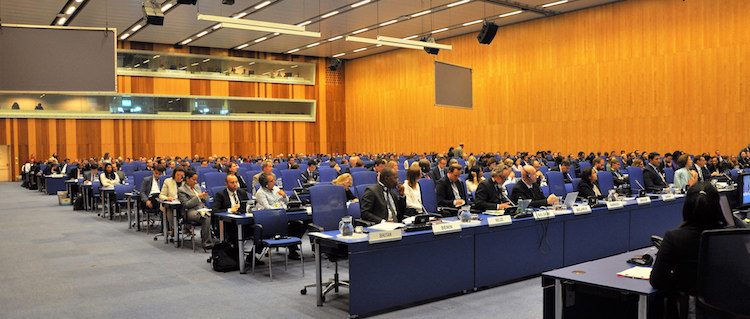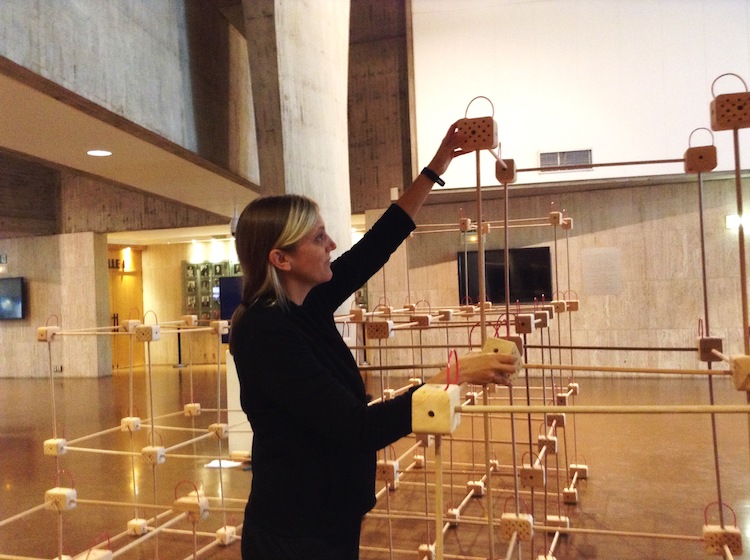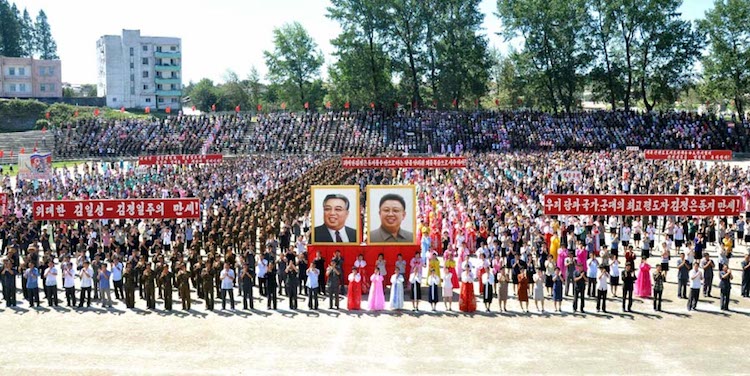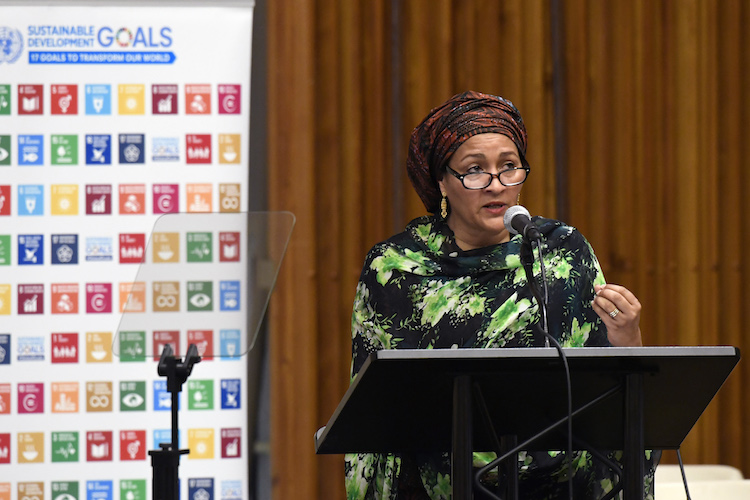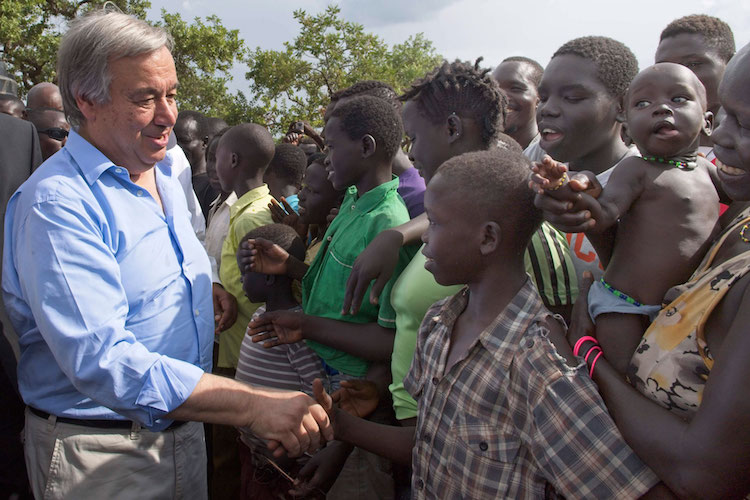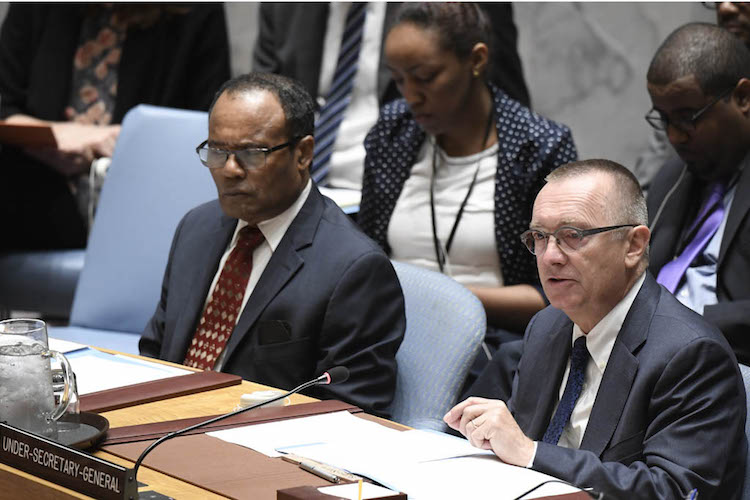By Julia Rainer
VIENNA (IDN) – “Smuggling of migrants, trafficking in persons and contemporary forms of slavery, including appropriate identification, protection and assistance to migrants and trafficking victims,” was the title of the Fifth thematic session of the UN General Assembly hosted on September 4-5 by the United Nations Office in Vienna (UNOV).
The event aimed at supporting the inter-governmental process designed to lead to the adoption in 2018 of a global compact on safe, orderly and regular migration – a goal agreed by the member states when adopting the New York Declaration on Refugees and Migrants in September 2016.

